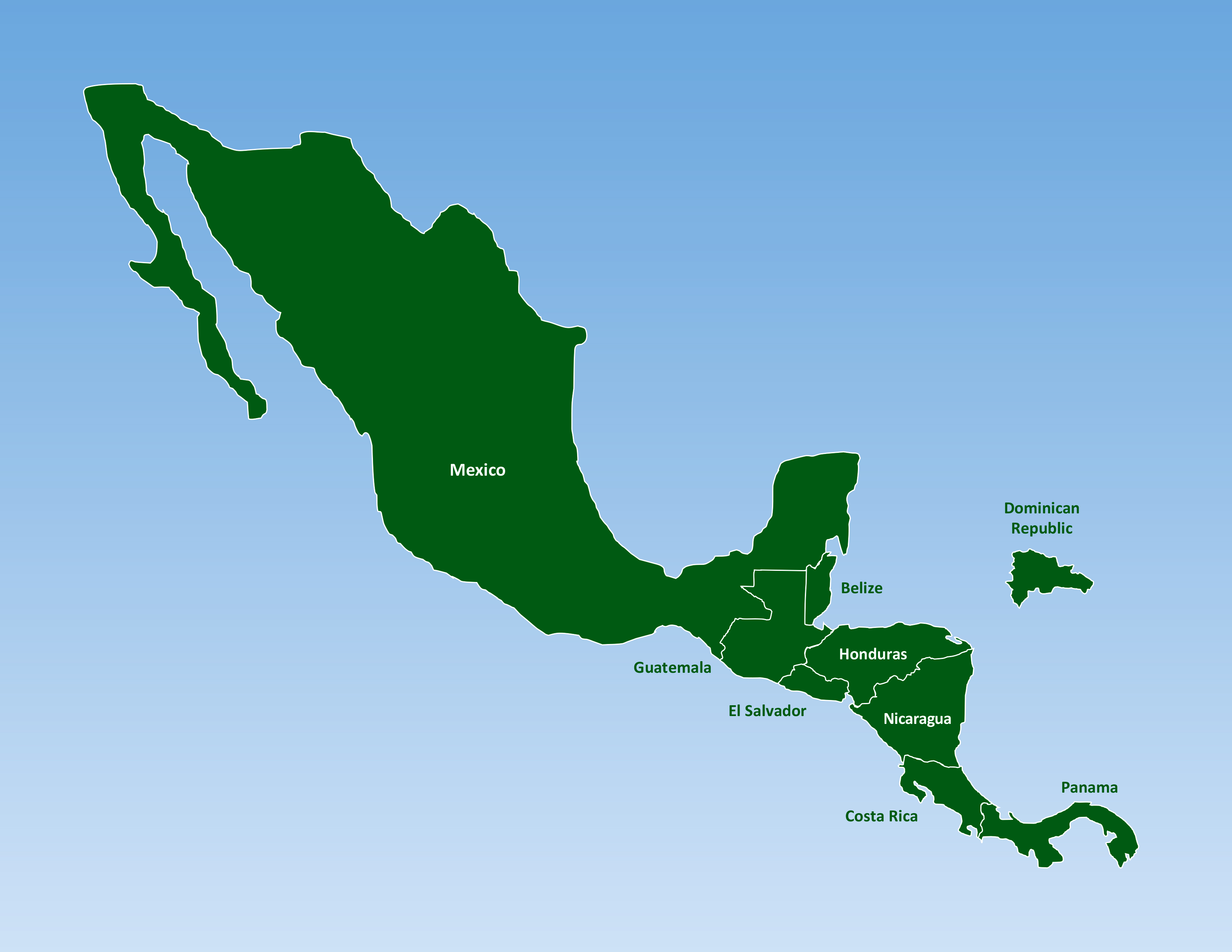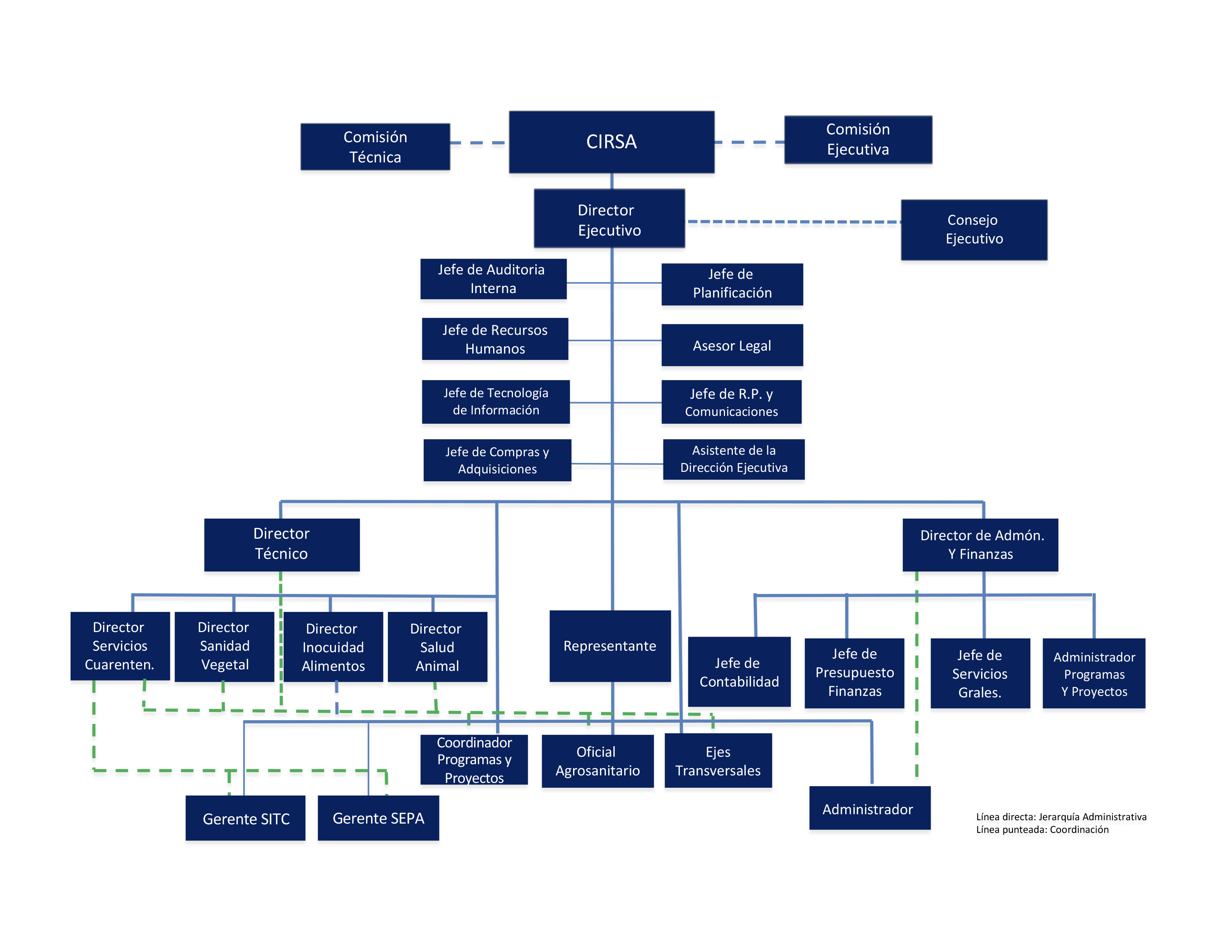International Regional Organization for Plant and Animal Health
(OIRSA)RPPO contact

Mr. Raúl Antonio Rodas Suazo
Executive Director
OIRSA
Edificio OIRSA, calle Ramon Belloso, pasaje Isolde, Colonia Escalon, San Salvador
Phone:
+503 2209 9200
Mobile:
+503 6000 1680
Courriel: [email protected]
Alternate Email:
[email protected]
Langues de préférence:
English,
Spanish
Site web:
http://www.oirsa.org
Date contact registration:
09 Nov 2023
The International Regional Organization for Plant and Animal Health (OIRSA) is a specialized institution in the areas of animal health, plant health, quarantine services and food safety. Founded in 1953, OIRSA provides technical and financial cooperation to the Ministries and Secretariats of Agriculture and Livestock in its member states, aiming to protect and develop their agricultural resources and ensure healthy and safe food production.
In its seven decades of service, OIRSA has effectively addressed the threats posed by pests and diseases to the region, demonstrating responsiveness and a proactive approach. This has led to significant achievements. To accomplish this, OIRSA collaborates closely with the ministerial authorities of its signatory countries, providing guidance and support in the implementation of programs and projects for the prevention, control, and eradication of pests and diseases.
In Plant Health, OIRSA works to declare areas free of pests affecting crops, citrus, and other fruits. An example of their work is the eradication of the pink bollworm (Pectinophora gossypiella Saunders) from the Isthmus and efforts to slow the spread of other economically and quarantine-significant pests like Khapra beetle (Trogoderma granarium), Asian Longhorn Beetle (Anoplophora glabripennis), and the fruit fly complex, among others.
OIRSA, through its delegated Quarantine Services also works on preventing the entry of pests and diseases that threaten the phytosanitary health of the region. This effort is carried out in conjunction with the Ministries and Secretariats of Agriculture and Livestock from the member states. The International Quarantine Treatment Service (SITC) primarily performs three quarantine treatment types: spraying, atomization, and fumigation. The SITC operates in over 90 locations at ports, airports, and land borders in nine countries. The Organization also manages the National Agricultural Protection Service (SEPA) In Guatemala and Honduras, which intercepts pests through vehicle inspections, aircraft, and ships.
In complete alignment with its institutional mission, OIRSA also manages specialized laboratories for certifying the quality of agricultural inputs and export products, the Meat Inspection Service (TIF) in Mexico, and the Moscamed-free area in Honduras.
VISION
Being a robust regional and international reference in agricultural health, quarantine services, and food safety; agile and efficient, with credibility and trust in supporting the Member States and their productive sectors.
MISSION
To support the Ministries and Secretariats of Agriculture and Livestock of the Member States in their efforts towards developing animal health, plant health, quarantine services, and food safety plans. This aims to contribute to the economic and social development of the population by promoting healthy agricultural production in harmony with the environment and facilitating international trade.

Website:
https://web.oirsa.org/
Mexico, Belize, Guatemala, El Salvador, Honduras, Nicaragua, Costa Rica, Panama and the Dominican Republic
.

Objectives
OIRSA's Objective:
Supports Member States' efforts to achieve the development of their Animal Health, Plant Health, Food Safety plans, and strengthening Agricultural Quarantine.
Plant Health - Strategic Objectives
- Strengthen and develop phytosanitary programs for staple grains, horticultural crops, ornamental crops, fruit crops, agro-industrial crops, and forestry species.
- Contribute to the control of economically important pests and diseases, regulated non-quarantine pests, and others, supporting Member States in strengthening their plant health services for food security and export.
- Contribute to preventing or delaying the introduction or spread of quarantine pests in the OIRSA region.


